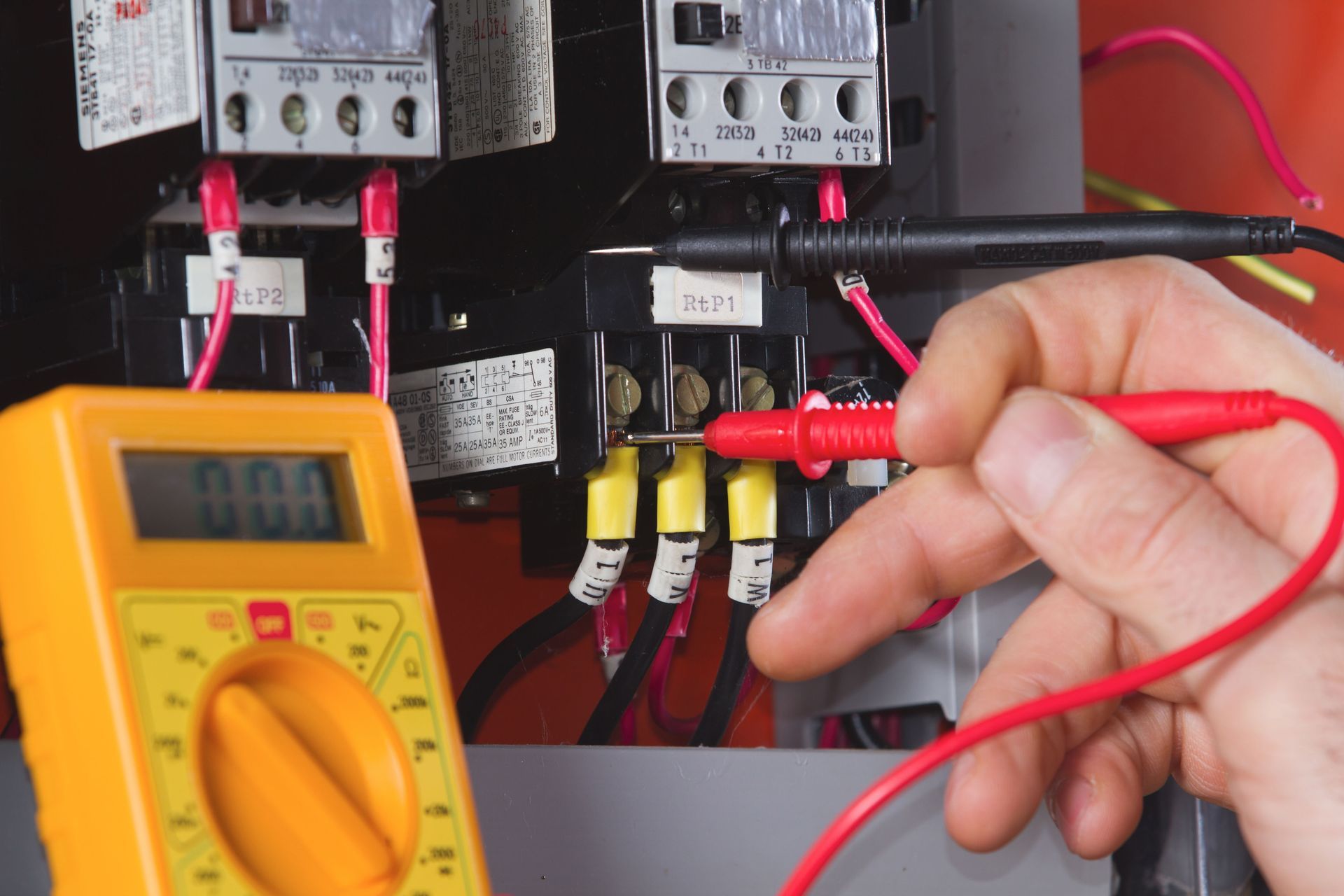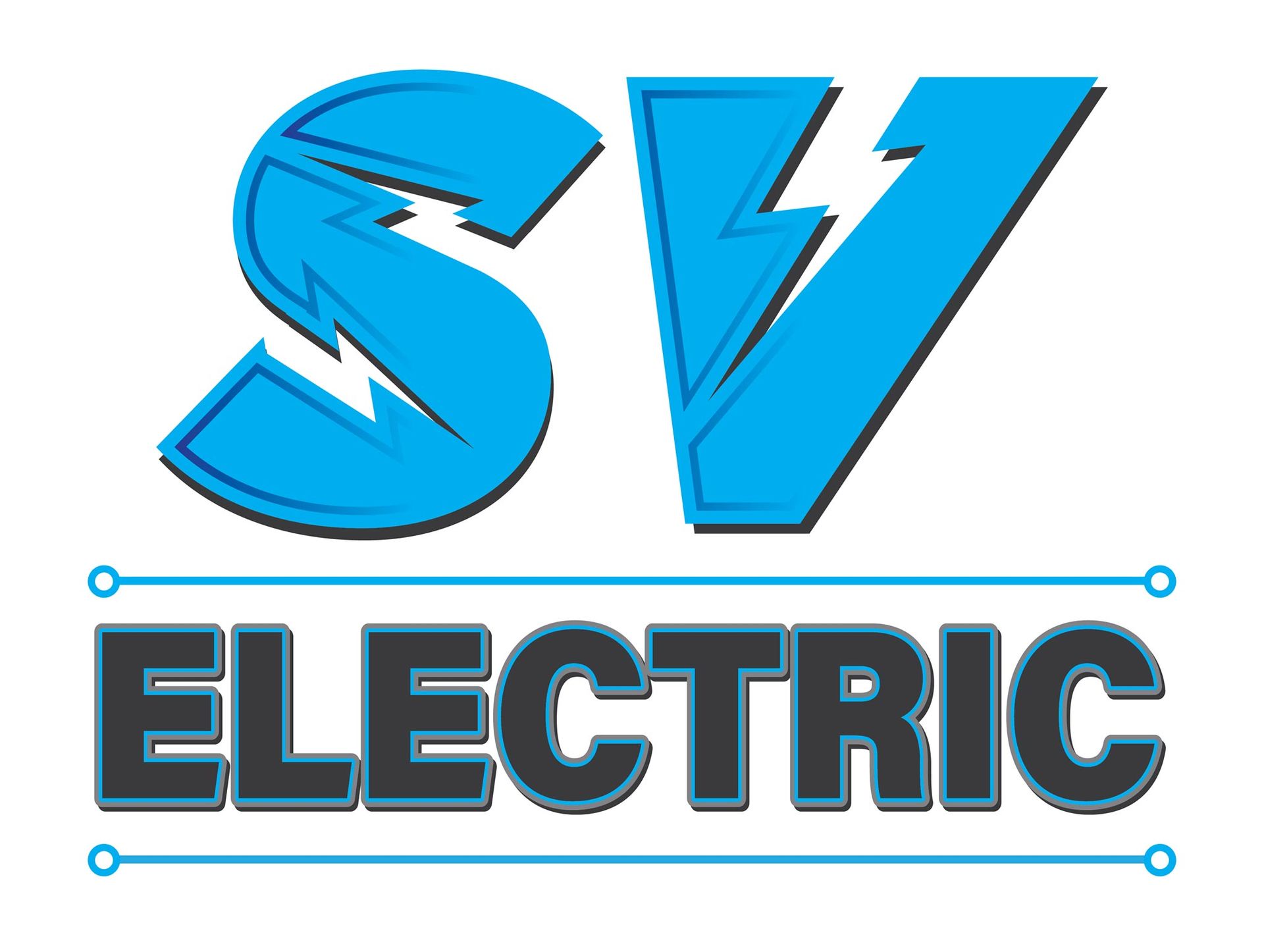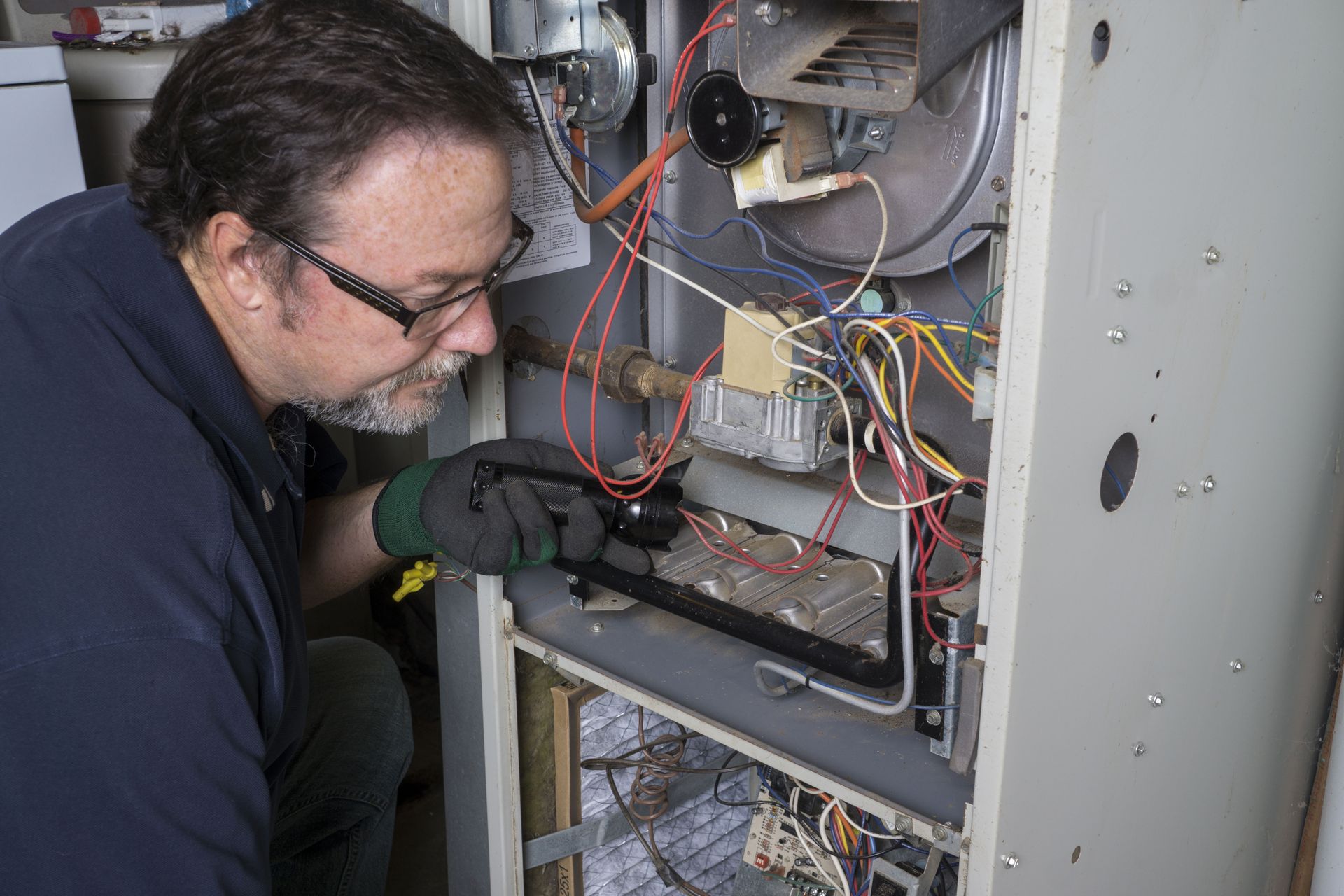September 29, 2025
In today’s world, we depend on electricity more than ever. From the coffee maker that starts your day, to the phone charger by your bed, to the Wi-Fi router that keeps your home connected, electricity powers nearly everything around us. Yet most people don’t give much thought to how complicated and precise electrical systems really are—until something goes wrong. That’s where an electrical contractor comes in.
Whether it’s wiring a new home, upgrading an office building, or troubleshooting a stubborn breaker, electrical contractors are the quiet professionals who keep modern life running smoothly. Still, many homeowners and business owners don’t fully understand what goes into their work. That can sometimes lead to misunderstandings, unrealistic expectations, or safety risks.
To bridge that gap, let’s walk through seven things electrical contractors wish more people knew. By the end, you’ll not only appreciate their work more—you’ll also be better equipped to collaborate effectively on your next project.
1. Why Licensing and Certification Are Essential
Imagine letting someone tinker with the wiring behind your walls without knowing if they’ve ever studied electrical safety. Scary, right? That’s why licensing matters so much. A licensed electrical contractor has proven they’ve completed the education, training, and testing required by state and local authorities. It’s your assurance that they’re capable of doing the work safely.
Certification goes a step further. Think of it as a contractor’s way of staying sharp. Technologies like solar panels, smart home devices, and EV chargers didn’t exist in many training programs even a decade ago. Certifications show that a contractor has taken the initiative to keep up with the latest innovations. If you’re hiring for a complex project, asking about both licensing and certification gives you peace of mind.
Unlicensed work may seem like a money-saver, but it often comes at a high cost. It can void insurance, cause project delays, or worse—create dangerous wiring that leads to fires or injuries. Electrical contractors want you to know: always check credentials before giving someone access to your home’s power system.
2. Why Electrical Work Costs More Than You Think
It’s easy to assume electrical work is simple: just connect a few wires and flip a switch, right? In reality, the cost of a project reflects far more than labor. Materials like copper wiring, panels, and safety devices can be expensive. The complexity of the job also matters—installing a ceiling fan is very different from wiring a multi-room home theater.
Another factor is location. Contractors in large cities often charge more due to higher operating costs, while rural projects may involve travel time that adds up.
And here’s the thing: trying to save money by hiring the cheapest person available often backfires. Electrical work done poorly can lead to expensive repairs later—or worse, safety hazards. Paying for quality upfront means you’re investing in safety, reliability, and peace of mind. A reputable electrical contractor will also provide transparent pricing so you know exactly where your money is going.
3. Why Safety Always Comes First
Every day, contractors put themselves at risk working with live electricity. Even small mistakes can lead to shocks, burns, or fires. That’s why safety is their number-one priority.
The protective gear you might see—insulated gloves, safety glasses, or voltage detectors—isn’t overkill. It’s what keeps them safe in dangerous conditions. Contractors also follow strict national and local safety codes. These rules aren’t arbitrary red tape—they exist to protect both workers and building occupants.
In fact, if you’ve ever wondered why your contractor insists on replacing an outdated breaker panel or grounding system, it’s because skipping those updates would put your home at risk. Electrical contractors want you to know that safety is never an area to cut corners.
4. How Technology Has Changed the Industry
Think about how different homes look today compared to 20 years ago. Now we have smart thermostats, voice-controlled lighting, EV chargers in garages, and solar panels on rooftops. All of these require specialized knowledge.
Electrical contractors are no longer just wire pullers—they’re also technology integrators. They need to understand how Wi-Fi protocols connect smart devices, how to balance loads for solar systems, and how to install charging stations that meet evolving standards.
Tools have changed too. Instead of simple voltage testers, contractors now use advanced diagnostic equipment that can pinpoint issues in seconds. This reduces downtime and prevents costly mistakes. The job is a constant learning process, and those who keep up with technology are able to deliver better, safer, and more efficient results.
This isn’t just a trend—it’s a growing industry. According to Global Market Insights, the U.S. electrical services market was valued at $163.9 billion in 2024 and is expected to reach $294.6 billion by 2034. That kind of growth shows how much more important contractors will become as technology advances.
5. Why Communication Makes or Breaks a Project
One of the biggest frustrations homeowners and business owners face during renovations is lack of communication. Electrical contractors know this too well. Clear conversations at the beginning of a project—about timelines, budgets, and responsibilities—prevent most issues down the road.
Regular updates are also part of good communication. Contractors who check in about progress, delays, or unexpected challenges help clients feel informed and in control. It’s much better to know a part is backordered upfront than to be surprised weeks later.
Another key point: electrical work doesn’t happen in a vacuum. It often intersects with plumbing, HVAC, and construction. Good contractors work hand-in-hand with other trades to keep the project moving smoothly. When communication flows, everyone wins.
6. Why Building Codes and Inspections Matter
No one likes the idea of delays from inspections, but contractors want you to understand that these checks are designed to protect your investment. Building codes ensure that electrical work is done safely and up to standard.
A quality electrical contractor views inspections as part of the process, not an annoyance. They prepare thoroughly, double-checking their own work before an inspector arrives. This proactive approach saves time, prevents fines, and guarantees that your project is safe and compliant.
Common violations—like overloaded circuits, improper grounding, or non-compliant materials—can be avoided entirely when your contractor stays up to date with codes. While codes can vary from one city to another, contractors dedicate time to staying informed so you don’t have to.
7. Why You’re Paying for Expertise, Not Just Labor
Here’s something that surprises many people: when a contractor fixes a problem in 20 minutes, you’re not paying for the minutes—it’s the years of training and experience behind those minutes.
An electrical contractor brings problem-solving skills, knowledge of building codes, and the ability to adapt quickly when challenges arise. That expertise is what makes the difference between a quick, safe fix and a dangerous shortcut.
So, when you hire a professional, you’re not just paying for someone to twist wires together. You’re paying for peace of mind, safety, and long-term reliability. That value often far outweighs the initial cost.
Electrical contractors are often the unsung heroes of construction, renovation, and everyday maintenance. They make sure your lights turn on, your outlets work, your smart devices stay connected, and your safety is never compromised. By understanding their world a little better—why licensing matters, why costs run high, why safety is non-negotiable, how technology is evolving, why communication matters, why codes protect you, and why expertise is worth paying for—you’ll be better prepared to work with them and appreciate the value they bring. If you’re planning a project and want to partner with professionals who live by these principles, reach out to SV Electric.







